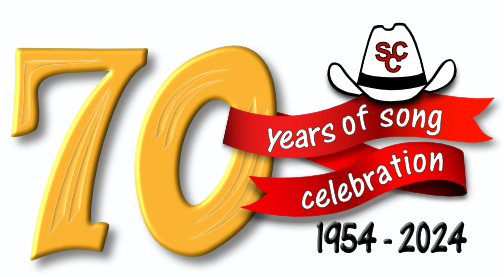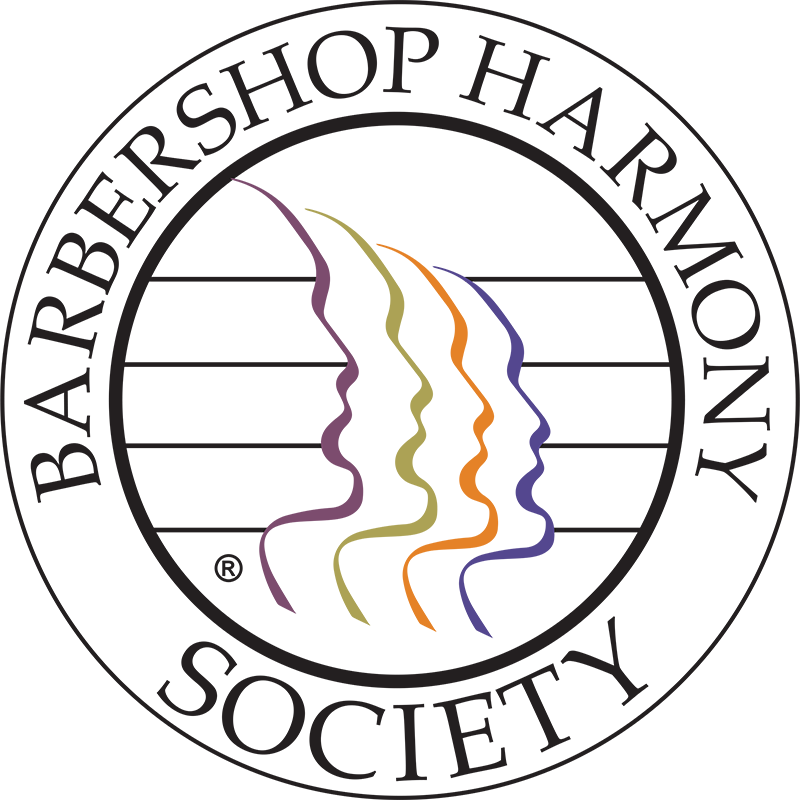
FAQs
STAMPEDE CITY MIXED CHORUS - FREQUENTLY ASKED QUESTIONS
What qualifications does one need to be a member of the chorus?
You have to enjoy singing and have a willingness to learn. A lack of experience singing doesn’t mean you can’t sing. It only means you haven’t yet learned to match your ears with your vocal chords. This can take some practice and coaching which we can help with, but that’s actually normal for most things we learn isn’t it.
Do you have to be able to read music?
No, several of our members don't read music; they learn by ear from singing along with the sing-along learning tracks we provide.
How do members learn their music?
Members learn by ear from singing along the sing-along learning tracks as well as by following the notes on the page and reading/memorizing the words on the sheet of music provided. Even though you may not be able to ‘read music,’ following the ‘up and down’ pattern of the songs is often very helpful.
Chorus rehearsal time is used to interpret, learn and polish the song for performance.
How is Acappella different from Barbershop harmony?
Acappella is singing using just your voice and no other instruments. In many acappella arrangements, the highest voice sings the melody and all the harmonies are sung with the lower voices. With Barbershop the melody (Lead) is mostly sung in between a top (Tenor) and bottom (Bass) harmony part with the fourth harmony part (Baritone) filling in the missing notes in the chord. Singing close harmony in this way makes it easier for people to sing different parts from time to time. We are a Mixed Acappella Chorus with a focus on singing fun songs, many of whom have this unique arranging style.
What expectations does the chorus have for members?
We understand it can be overwhelming if new members try to learn ‘all the songs’ so we encourage members to focus on just a handful at first so that they can continue to have fun singing. They are welcome to stay for other parts of the rehearsal, but once the director asks people to be ‘off paper’ only those who know all the notes and words should be rehearsing. The others are encouraged to listen, learn, or find a quiet, non-distracting spot to work on their music with others who are in the same situation.
In general, members are expected to:
- Warm up their voices on the way to rehearsal so they are ready to sing with others when they arrive.
- Learn their words and music on their own in conjuction with chorus rehearsals
- Attend a majority of rehearsals
- Participate in most major performances with the option to sing in smaller group performances as their time permits.


